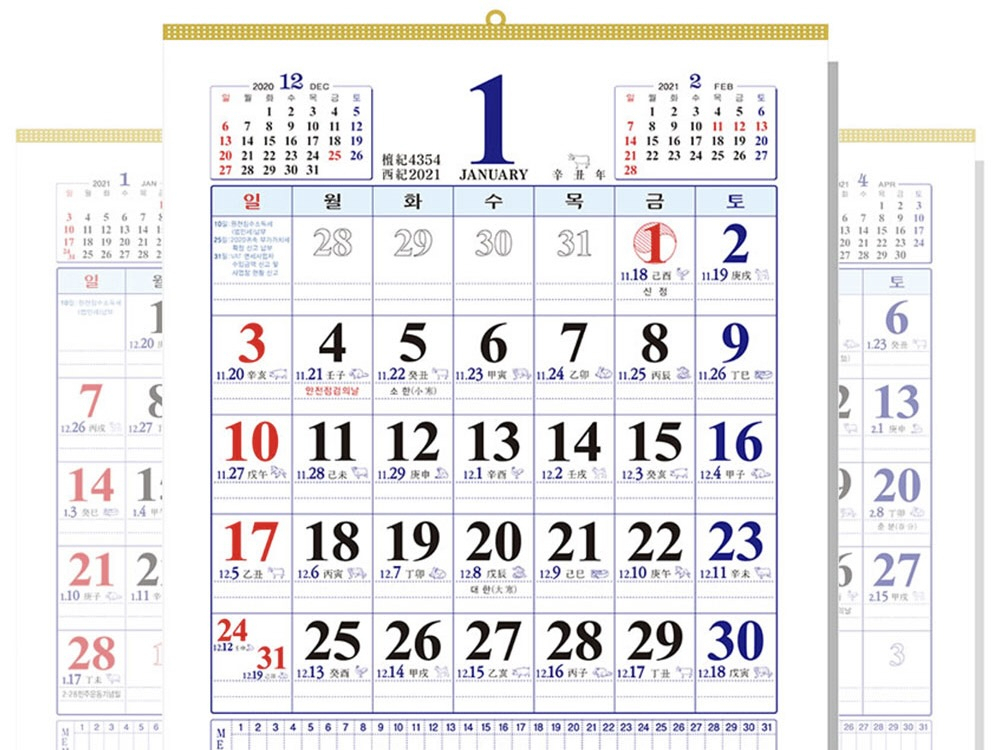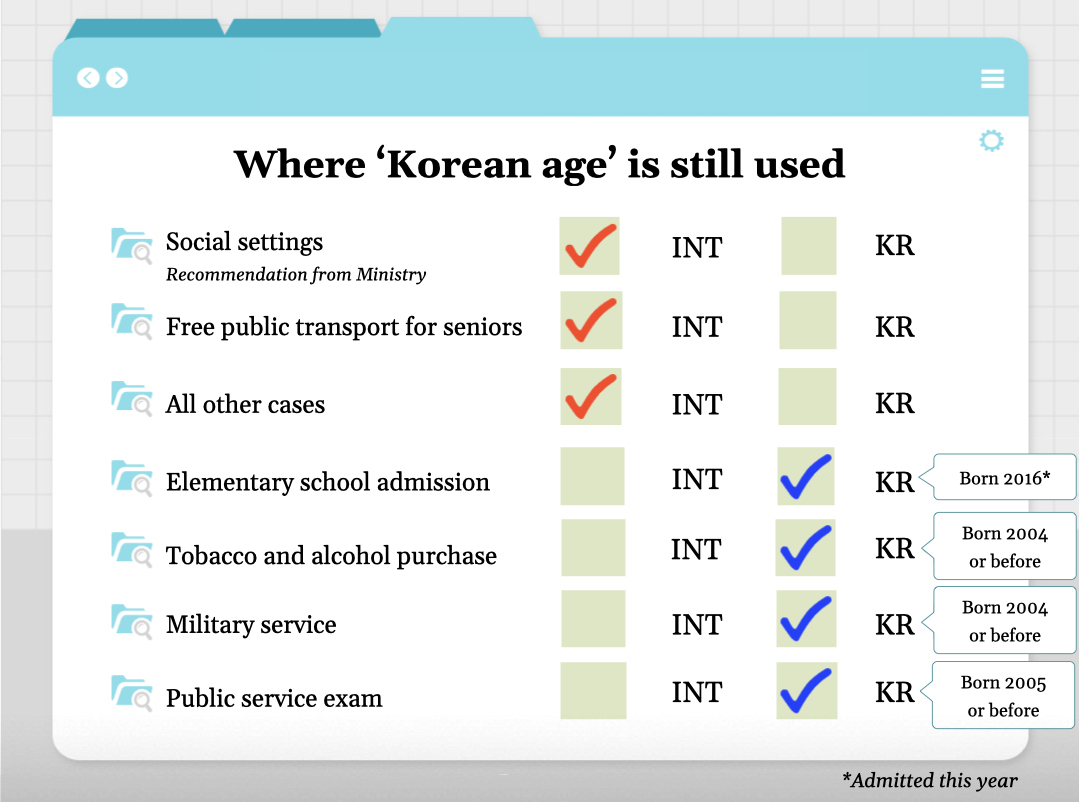Korea's age system set to change, but some exceptions remain
Published : 2023-06-22 09:41:04

The Korean age system is set to change at the end of June, but some aspects of the old system will remain, the Ministry of Government Legislation said in a press release Wednesday.
While age standards across Korea will soon be calculated in the same way as most places around the world -- from the time of birth -- there are still some exceptions to the new rule.

Notably, age restrictions on the buying of alcohol and tobacco will continue to use the old formula. In this system, age is calculated based on the year of birth alone, where the day or month of one's birth is not taken into account. This means if you were born in 2004 or earlier, you can buy age-restricted products irrespective of your birthday.
Similarly, for assessments of eligibility for the national military service, the traditional formula will remain in place, with those born in 2004 eligible for service this year.
School admissions will also deviate from the international standard. Children will be admitted to elementary schools from March 1 of the year after they turn 6 in the international age system, meaning those born in 2016 and 2017 will enter school regardless of their birthdays.
According to the Ministry, these allowances helps maintain the administrative and social expectations of essential institution such as schools and the military, which are steeped in the legacy of following the Korean age system to align with the academic calendar.
As for age-restricted products like alcohol and tobacco, the exception is anchored on the Youth Protection Act to ensure consistency in treating individuals within the same age group, especially those who could have been considered as youth even after turning 19 due to their birthdate falling later in the year.
The officials reiterated that barring the exceptions detailed in the press release, the international age would be the national norm across all scenarios in Korea, unless explicitly stated otherwise.
The ministry also noted that certain systems and policies had already adopted the international system prior to the upcoming law change, and will continue to use the new standard. These include eligibility for elections for citizens 18 or older, pension, retirement and free public transport for senior citizens.
In a subtle effort to encourage a more comprehensive transition beyond bureaucratic changes, the ministry recommended using the international age system in social spheres in a separate graphic following the press release, anticipating its wide-scale adoption in day-to-day life.
http://www.koreaherald.com/common/newsprint.php?ud=20230622000165